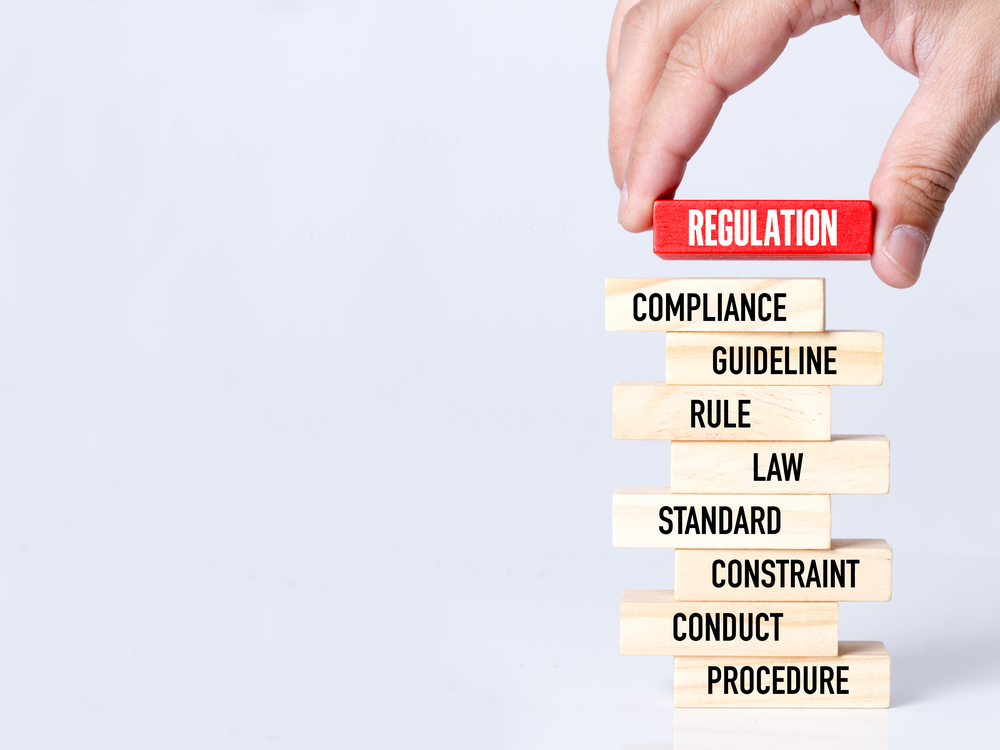Despite this regulation being in place since January 1st, 2015, it was evident in this years audit that some agencies are still being reprimanded for not complying with the legislation of having a Unique Identification Number (UIN) for all their existing trust accounts. So if you’ve had a trust account prior to January 1st, 2015 and you’re still not sure what the UIN is for then you’ve probably been living under a rock.
New regulations under the Property, Stock and Business Agents Regulation 2014 came into place as of January 1st, 2015. Consequently, these changes cover the requirements for all trust accounts to have their own Unique Identifying Number.
NSW Fair Trading states:
From 1 January 2015, under the Property Stock and Business Agents Regulation 2014:
• A licensee who opens a general trust account must provide the authorised deposit-taking institution (bank) with a unique identifying number obtained from NSW Fair Trading.
• The authorised deposit-taking institution lodges its monthly returns using this unique identifying number.
• Licensees maintaining a trust account as at 31 December 2014 have a grace period until 30 June 2015 to comply.
The result?
As a result, almost all trust accounting software packages accommodate these changes by allowing a field to enter this number into the program and print it across all mandatory end of month audit reports.
What exactly is a UIN?
A UIN is a Unique Identification Number. It is a numeric or alphanumeric string associated with each individual trust account. Each trust account must have its own UIN that will look something like this: 1234567TA001.
The first part is your corporation license or individual license number. TA stands for ‘Trust Account’ and the 001 represents the first trust account that you’re registering with Fair Trading. Therefore, if you are registering multiple trust accounts they will continue upwards like 1234567TA002 and so on.
So, for those who have yet to obtain an UIN from the Service NSW website, you can follow our previous blog on 10 easy steps to meet the new requirements for trust accounts from January 1, 2015 which includes steps needed to obtain your UIN.
In conclusion, having a registered UIN for each trust account ensures you are operating within NSW legislation. As a result, you are ticking yet another box at audit time.
Connect with us on Facebook, LinkedIn, Twitter & Instagram.
~ Jane Morgan is the Director of End of Month Angels, a consultancy firm specialising in Trust Accounting. Jane knows the legislative requirements of running a successful Real Estate office through her 19 years industry experience. Don’t trust just anyone with your trust accounting. Trust End of Month Angels and get back to what you do best – growing your business.

